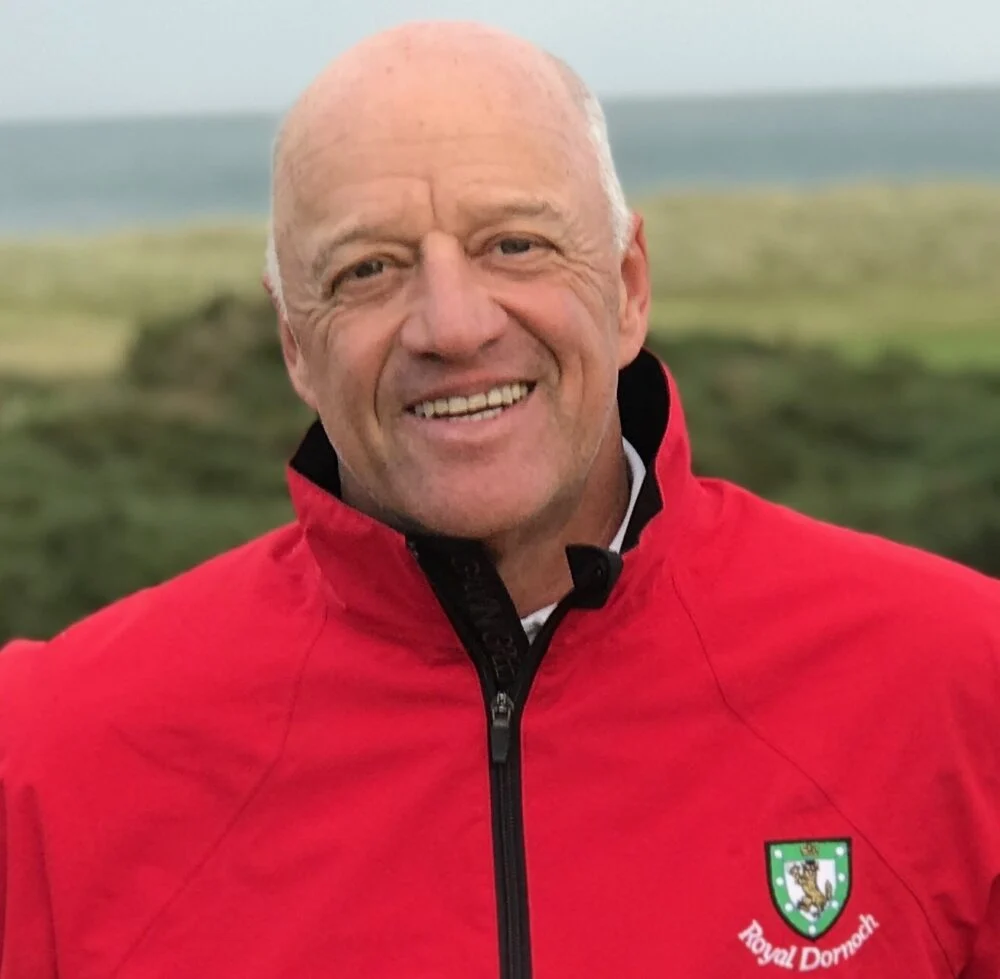How Early Childhood Education Reduces the Risk of Lifelong Poverty
How Early Childhood Education Reduces the Risk of Lifelong Poverty
Understanding the link between education and economic stability is crucial, especially in the formative years of a child’s life. In a society where economic disparities are increasingly evident, how early childhood education reduces the risk of lifelong poverty has become a focal point for educators, policymakers, and families alike. Early childhood education (ECE) is not just about academic learning; it lays the groundwork for essential life skills and cognitive development that can profoundly impact a child’s future economic opportunities.
The Importance of Early Childhood Education
Early childhood education encompasses a range of programs designed for children from birth to age eight. This critical developmental period is where foundational skills are established, including socialization, emotional regulation, and cognitive abilities. Research has shown that children who participate in quality early education programs are more likely to:
- Achieve higher academic success in later years.
- Develop better social skills.
- Demonstrate improved emotional resilience.
- Decrease likelihood of engaging in criminal activity.
These outcomes are vital because they create a self-reinforcing cycle: children who succeed in school are more likely to graduate, pursue higher education, and secure stable, well-paying jobs, all of which contribute to breaking the cycle of poverty. Without early intervention, children from lower socioeconomic backgrounds may miss these critical opportunities, perpetuating a cycle of disadvantage.
How Early Education Provides Lifelong Skills
One of the most significant ways how early childhood education reduces the risk of lifelong poverty is through the development of essential skills. Early education programs focus on more than just academic knowledge. They teach children how to interact with peers, manage emotions, and approach problem-solving. These social and emotional skills are crucial for success in the workforce and can lead to better job opportunities later in life.
Moreover, early childhood education programs often introduce children to literacy and numeracy in engaging ways. Children who participate in these early educational experiences are more likely to enter kindergarten with a strong foundation in basic skills, setting them up for academic success. This academic readiness is critical, as students who struggle in their early schooling are at a higher risk of dropping out, which significantly increases the likelihood of lifelong poverty.
The Economic Benefits of Early Education Programs
Investing in early childhood education is not only beneficial for individual families but also for society as a whole. Numerous studies have demonstrated that every dollar invested in early education yields significant returns for the economy. For instance, the Perry Preschool Project found that every dollar spent on early education returned about $7 to society through reduced crime rates, increased earnings, and decreased reliance on social services.
Furthermore, early education reduces public spending in the long term. Children who receive a quality education are less likely to require special education services, welfare assistance, or incarceration, which ultimately saves taxpayer dollars. Investing in early childhood education creates a more secure and prosperous future not just for individuals but for communities and the economy as a whole.
The Role of Parents and Communities
Parental involvement is crucial in amplifying the benefits of early childhood education. Parents who engage with their children in educational activities, such as reading daily or exploring educational games, dramatically enhance the learning experience. Furthermore, community support can provide critical resources and information for families about available early education programs. Parents should be aware of:
- The various types of early childhood education programs available, from preschool to home-based learning.
- The significance of choosing high-quality programs that employ qualified educators.
- The role of community organizations in providing additional support and resources for families.
When communities prioritize early childhood education and provide resources for families, they contribute to a more educated and economically stable population. This community approach not only empowers parents but also fosters an environment where children can thrive.
Conclusion: Building a Brighter Future Together
In conclusion, it is clear that how early childhood education reduces the risk of lifelong poverty cannot be overstated. By investing in early education, we are investing in the future of our children, families, and communities. Quality early education not only prepares children for academic success but also equips them with the skills they need to navigate the complexities of adult life, thus breaking the cycle of poverty. As a society, we must advocate for policies that support early childhood education initiatives, ensuring that every child has access to the opportunities they deserve.
If you are interested in learning more about early childhood education programs or want to get involved in supporting local initiatives, we encourage you to reach out. Together, we can create a brighter future for our children and reduce the risk of lifelong poverty in our communities.
Keywords: early childhood education, lifelong poverty, reduce poverty risk, early learning benefits, childhood development, education access, cognitive skills, poverty prevention, social-emotional growth, educational equity, family support, community resources, long-term outcomes, quality preschool, investment in children
popular news & articles
The affordable housing crisis is a pressing issue that communities […]
Success Stories: Families Who Have Overcome Poverty and Homelessness In […]
How Early Childhood Education Reduces the Risk of Lifelong Poverty […]
Community Partnerships Creating Safety Nets for At-Risk Youth In today’s […]
news via inbox
Stay Connected

The Honorable Paul J. Tonna is a distinguished public servant, community advocate, and seasoned leader with a career marked by dedication to environmental sustainability, social equity, and community development. Serving as a Suffolk County Legislator for twelve years, including three years as Presiding Officer, Tonna played a pivotal role in advancing public health, environmental conservation, and workforce housing initiatives… Read More
Learn more about Paul Tonna at his website PaulTonna.com
Related Articles
Paul Tonna serves as Molloy College’s Executive Director for The Energeia Partnership, a leadership academy dedicated to identifying and addressing the serious …
The Honorable Paul Tonna serves as Vice Chairman and Executive Vice President of Corporate Affairs for American Health Group.
Paul Tonna joined the South Huntington Water District as a Commissioner in March, 2006, bringing with him a diverse background including experience in …
Mr. Paul Tonna is a former healthcare executive, elected official, and university adjunct professor. Paul currently serves as executive director of Molloy College’s leadership academy, The Energeia Partnership, Suffolk County…
Paul Tonna, Managing Partner, Fun Facts, Deborah Young, Director of Operations & Finance, Fun Facts, Patricia Miller, Partner, Real Estate Development.
Paul J. Tonna – Public Service Leader and AERTC Advisory Board Member | Championing Sustainable Energy Solutions and Community Development.







